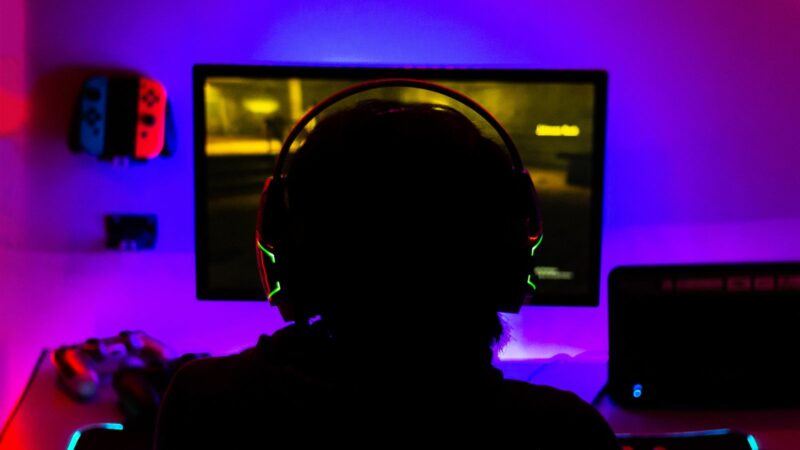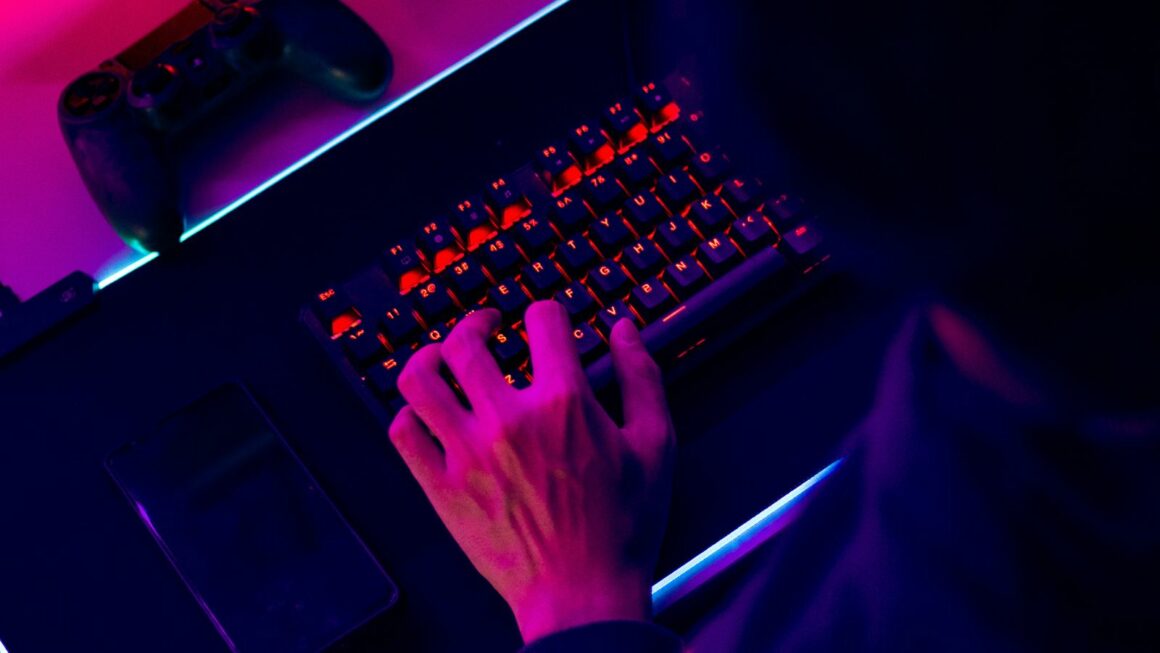When it comes to gaming, every millisecond counts. As a gamer, I know the frustration of lag and delays during intense gameplay. That’s where latency comes into play. In this article, I’ll delve into the crucial question: what is good latency for gaming?
Low latency is the key to a smooth gaming experience. It’s the time it takes for data to travel from your device to the game server and back. The lower the latency, the quicker your actions register in the game world. But what exactly constitutes “good” latency for gaming? Join me as we explore the optimal latency levels that can make or break your gaming performance.
What is Good Latency for Gaming

What is good latency for gaming refers to the delay between a player’s action and the game server’s response. It’s the time taken for data to travel back and forth between your device and the server, influencing how quickly your commands are executed in the game world.
Having low latency is crucial in gaming as it directly impacts the responsiveness of your gameplay. When latency is high, there’s a noticeable delay between your actions and their outcomes in the game, affecting your ability to react quickly and making gameplay feel sluggish.
Internet Connection Types
In gaming, the type of internet connection plays a significant role in determining latency. It’s crucial to understand the different types of internet connections available and how each can impact gaming latency. In a wired connection, such as Ethernet, players experience lower latency compared to wireless connections like Wi-Fi. Interference, signal strength, and the distance from the router can all contribute to higher latency in wireless setups.
Hardware and Software Considerations
In addition to the internet connection, hardware and software also play a vital role in affecting gaming latency. The performance of my computer or gaming console, graphics card, RAM, and processor speed all impact how quickly I can send and receive data during gameplay. Updating drivers, optimizing game settings, and closing background applications can help reduce latency.
Benchmarks for Good Gaming Latency
Ideal Latency Ranges for Different Game Types
What is good latency for gaming, achieving optimal latency is essential for a smooth and responsive gaming experience. The ideal latency values can vary depending on the type of game you’re playing. Here are some general benchmarks for good gaming latency across different game genres:
- First-Person Shooter (FPS) Games:

- In fast-paced FPS games like Call of Duty or Overwatch, optimal latency usually falls between 20ms to 40ms. Lower latency is crucial in these games to ensure that your actions are registered instantly.
- Massively Multiplayer Online Role-Playing Games (MMORPGs):
- MMORPGs such as World of Warcraft or Final Fantasy XIV can be more forgiving in terms of latency. A latency range of 50ms to 100ms is generally acceptable for a smooth gaming experience in these expansive worlds.
- Real-Time Strategy (RTS) Games:
- For RTS games like StarCraft or Age of Empires, latency below 100ms is considered good. Given the strategic nature of these games, lower latency can significantly impact your decision-making and responsiveness.
- Sports or Racing Games:
- Games like FIFA or Need for Speed require precise timing and quick reactions. Aim for latency below 50ms in these games to execute moves accurately and stay ahead of the competition.
Tips to Improve Your Gaming Latency
Choosing the Right ISP

When looking to enhance your gaming experience by minimizing latency, selecting the right Internet Service Provider (ISP) is crucial. Opt for ISPs known for their reliability, speed, and consistency in providing low-latency connections.
High-speed broadband or fiber-optic connections are generally preferred for gaming due to their low latency and fast data transmission capabilities, ensuring a smoother gaming experience.
Optimizing Network Settings
To further reduce latency and enhance your gameplay, optimizing your network settings is essential. Make sure to prioritize your gaming device on the network to allocate more bandwidth for gaming data. Additionally, using a wired connection instead of Wi-Fi can significantly decrease latency as wired connections offer more stability and lower chances of interference.

